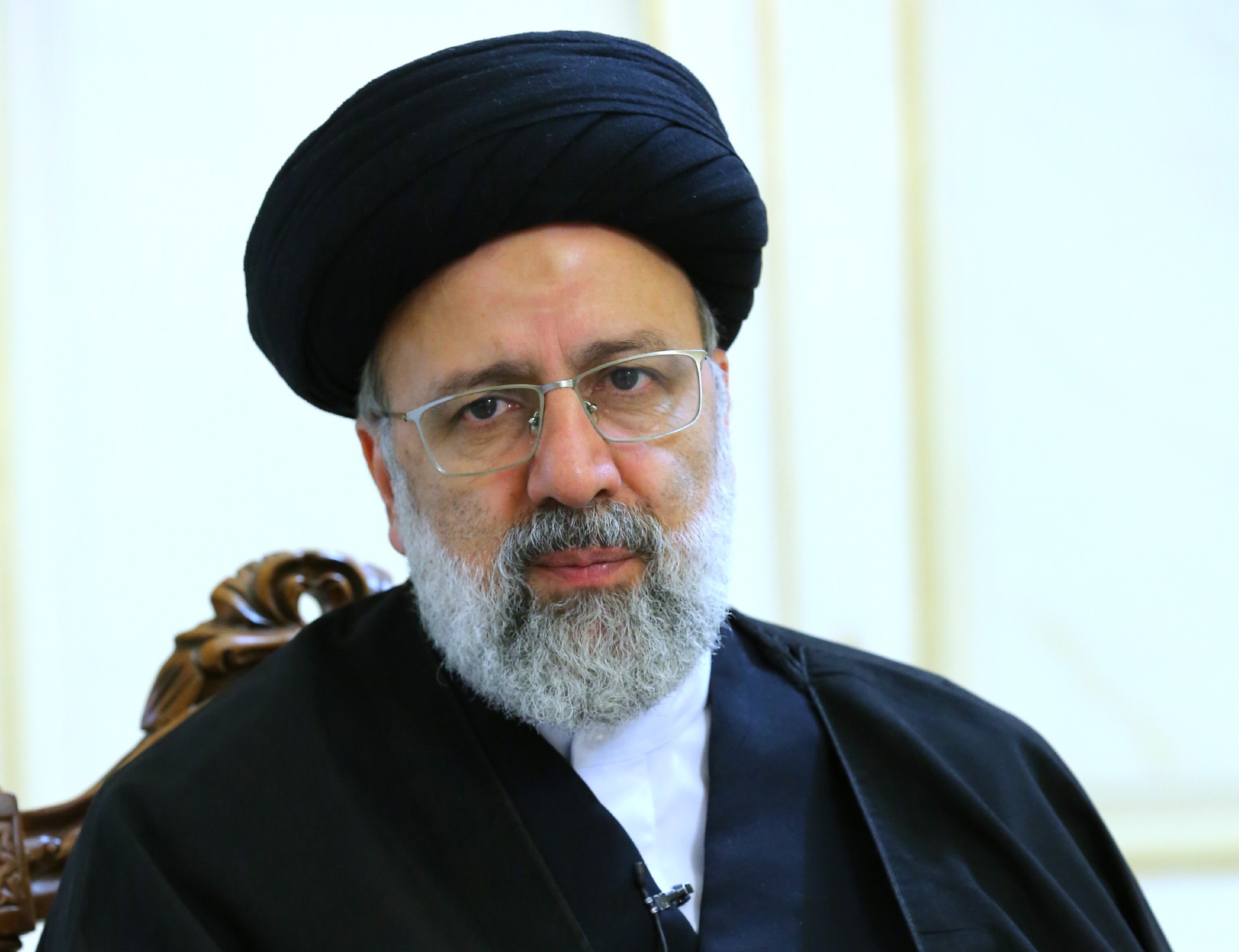SRINAGAR: A day after Iranian missiles landed in Baluchistan and killed two girl children, tensions are mounting in the region. Pakistan’s caretaker regime has summoned its Tehran ambassador home and suspended all high-level planned bilateral visits. This is the first time that an OIC member’s missiles have hit its three neighbours, all OIC members.

Pakistan’s foreign office has protested the “violation of Pakistan’s sovereignty”, termed the attack “completely unacceptable” and warned of “serious consequences” of the “illegal act”. Reports appearing in the national and international media suggest Islamabad has summoned Iranian Charge d’affaires and conveyed “strongest condemnation of this blatant violation of Pakistan’s sovereignty”.
Reports suggest that, unlike Iran’s missile attack in Syria and Iraq, the attack on Pakistan’s militant base was not linked to Gaza. It came almost a month after 11 Iranian police officers were killed in an attack on a police station in the southeastern province of Sistan-Baluchistan. Tehran investigations had suggested the assailant had entered Iran from Pakistan with whom it shares a 1000-km border. Islamabad has conveyed to Iran that its ambassador, currently in Tehran, should not return for the time being.
Iran’s missile hit an Iraqi base that it claimed to be a “spy centre” of Tel Aviv. In neighbouring Syria, it hit another target that Tehran said was an ISIS base that was responsible for the attack on a huge gathering in Kerman observing the anniversary of a top Iran General Qasem Soleimani who was killed by the US.
Last night, two bases of the Balochi militant group Jaish al-Adl, a Sunni Muslim armed group, were hit by Iranian missiles and drones. “Established in 2012, the group emerged from the remnants of Jundallah, a Sunni militant organization that had diminished after Iran captured and executed its leader, Abdolmalek Rigi, in 2010,” The NYT reported. “The strike on Tuesday was not the first time Iranian forces had hit inside Pakistan, but the attack was the deepest inside Pakistani territory. In 2021, Iran retrieved two Iranian soldiers who were being held hostage by Jaish al-Adl inside Pakistani territory. In 2017, the Pakistani Air Force shot down an Iranian drone.”
Iran’s semi-official Tasnim news agency had said the outfit’s two strongholds were successfully demolished.
Officials in Balochistan have said four missiles hit the Panjgur district close to the Iranian border in Koh-i-Sabaz village. Reuters was told that a mosque and three houses were damaged in the attack. Two children, both girls were killed, and three others injured.
Interestingly, according to reports appearing in global media, the attack coincided with the day when Pakistan’s caretaker Prime Minister Anwaarul Haq Kakar met with Iranian Foreign Minister Hossein Amir-Abdollahian on the sidelines of the World Economic Forum (WEF) in Davos, Switzerland. “On Pakistan, none of the nationals of the friendly and brotherly country of Pakistan was targeted by Iranian missiles and drones,” Abdollahian was quoted as having said. “The so-called Jaish al-Adl group, which is an Iranian terrorist group, was targeted.”
After the attacks, Iran’s defence minister, Mohammad Reza Ashtiani, has said his country would “not set any limits” on using its missile capabilities against her enemies.
International media reported that Iran’s Islamic Revolution Guard Corps (IRGC) showcased its capacity as a major regional military power. “In the space of only 24 hours, it gave a stark demonstration of its capabilities, launching missiles and drones at targets in three different countries,” BBC reported. It fired 11 ballistic missiles at Irbil (Iraq), the capital of the semi-autonomous Kurdistan Region in which four civilians were killed. This included Kurdish businessman Peshraw Dizayee, whose home was hit by four missiles. He along with his daughter died in the attack.
By Tuesday morning, murals and banners had gone up around the Iranian capital, Tehran, praising the missile attacks and vowing revenge. At Palestine Square, a mural on the side of a building depicted a missile being fired. It bore a caption that warned, in Hebrew and Farsi, “Prepare your coffins”,” The New York Times reported. “Some conservative Iranians celebrated the missile strikes as appropriate vengeance, a defiant show of force against regional foes.”
BBC added: “The Irbil attack appeared to underscore the message that not only can the IRGC carry out precision strikes, but also that it has the ability to strike military installations near Irbil’s international airport, where US and other foreign forces are stationed.”
Iran said it used the Kheibar Shekan (Castle Buster) missile to hit Idlib, the last remaining stronghold of the Syrian opposition. This attack was in response to the killing of 94 people in Kerman on January 3, 2024. The bombers targeted crowds gathered near the tomb of Revolutionary Guards commander Qasem Soleimani to mark the fourth anniversary of his assassination in a US drone strike.
“Iran and Pakistan are close neighbours and major Islamic countries,” China’s Foreign Ministry spokesperson Mao Ning has told a media briefing. “We call on the two sides to exercise restraint, avoid actions that escalate the tension and jointly keep the region peaceful and stable.”
The attack puts Beijing in an interesting situation. On one side is its ally Pakistan and on the other side is Tehran which is crucial to its improved influence in the Middle East. Part f its fuel requirements come from Iran.
The latest report from the region said a member of Iran’s Revolutionary Guards was shot dead in the Sistan-Baluchestan province that borders Pakistan and Afghanistan, according to the official Iranian news agency IRNA. “Attempts to identify and pursue the perpetrators are underway,” IRNA added.















